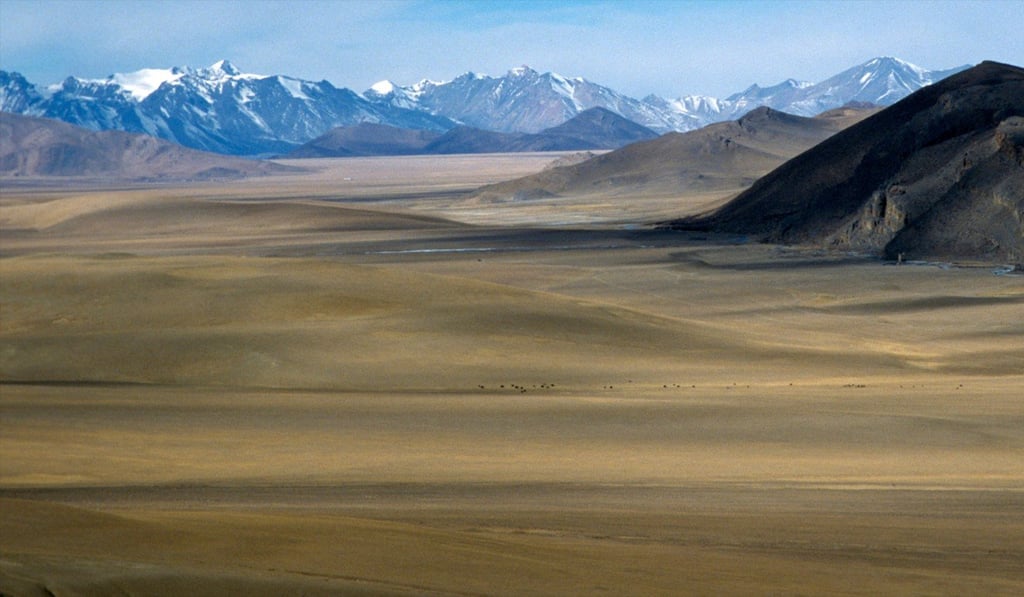From Mao’s Cultural Revolution to managing billions of dollars: how six years stuck in Gobi Desert shaped one man’s life
- Weijian Shan was banished to the Gobi Desert during China’s Cultural Revolution, spending his time digging canals and harvesting reeds
- His new memoir, Out of the Gobi, reveals how he went on to get his PhD in the US and manage billions of dollars in private equity

Constant hunger is what Weijian Shan remembers most about scraping a living in northern China’s Gobi Desert for six years during the Cultural Revolution.
He recalls the meagre portions of coarse food he had to eat as a teenager, despite spending his days doing hard labour, such as digging canals, harvesting reeds and making bricks.
“What I couldn’t get over was the hunger and cold in the afternoon,” he writes in his new memoir, Out of the Gobi: My Story of China and America.
“Some of us would save a wotou [steamed corn bread] from breakfast to take with us. But my breakfast ration was never enough for me and there would be nothing left to take. When I occasionally saved a piece, it was frozen solid by the time I wanted to eat it, and biting [it] was hard on your teeth.

“The food was so bad that I found it hard to swallow. Yet I had to eat it to suppress my hunger and maintain energy. I was hungry and yet eating was not enjoyable.”
During his years spent in dire poverty in the arid backwater doing back-breaking work, Shan could never have imagined that today he would be managing billions of dollars in private equities from his base in Hong Kong.